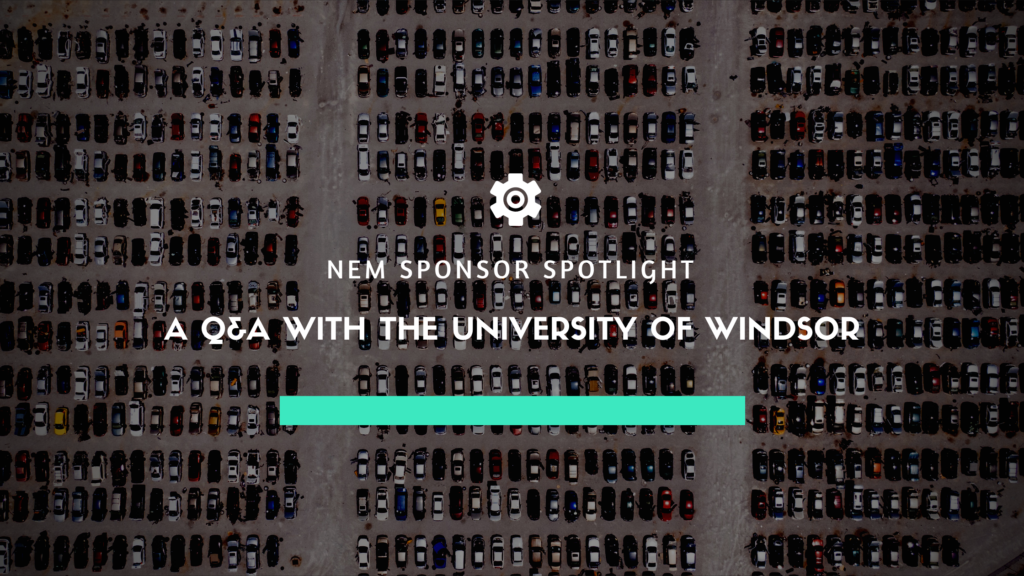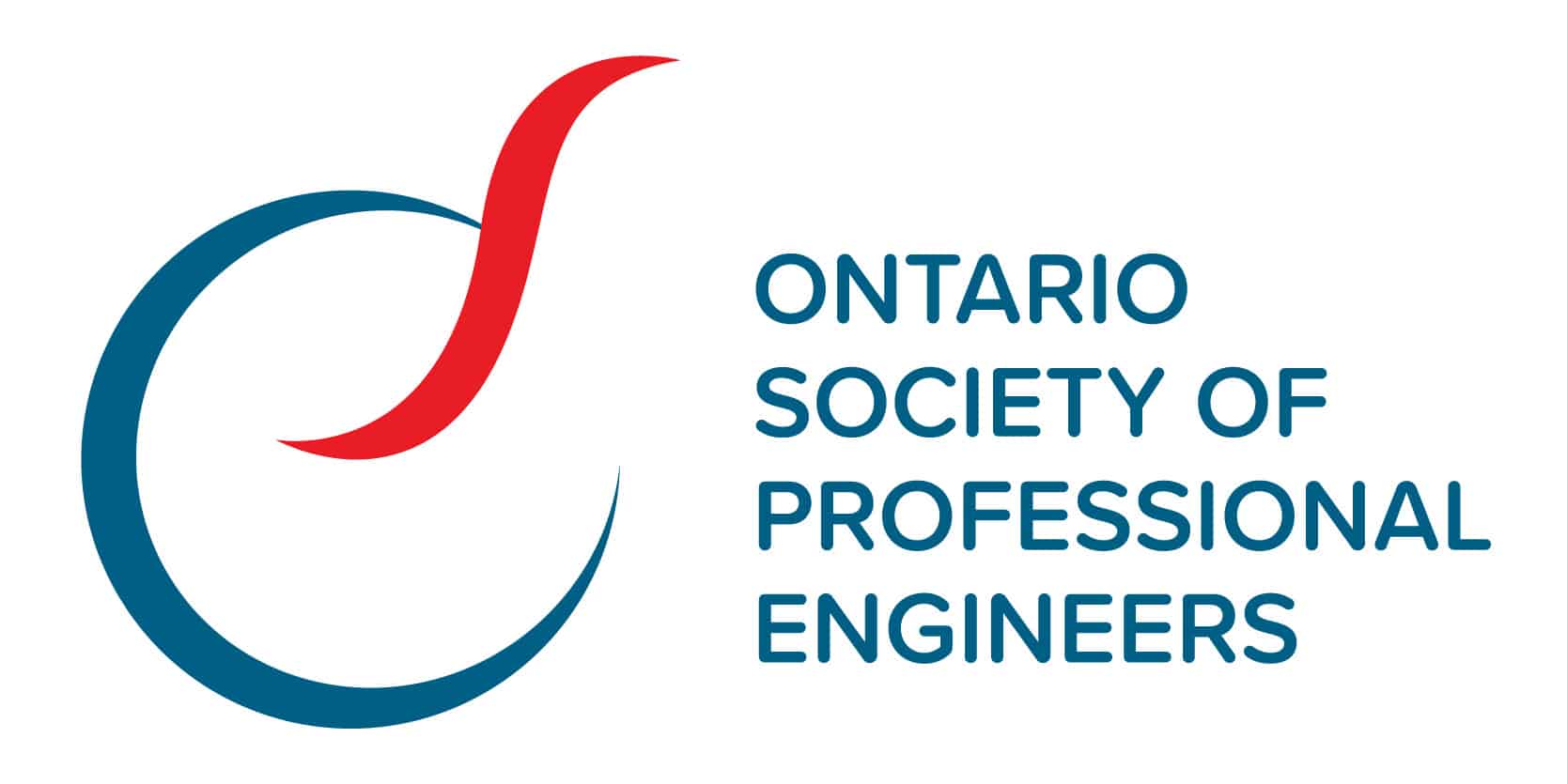
Leading up to National Engineering Month (NEM) 2021, we are sitting down with educators, regulators and associations within the engineering industry for a question and answer style interview series.
What follows is a transcript of an interview I had with Dr. Mehrdad Saif, Dean of Engineering at the University of Windsor.
Q: How did you hear about NEM?
A: I have been a university professor for 33 years. For the last 18 of those years I have been in an engineering leadership position as Dean at the University of Windsor, and before that at Simon Fraser University in Vancouver. Throughout that time, I have also been involved with Engineers Canada. So, I learned about NEM through my work as an educator and through the industry as well.
Q: What does the concept of lifelong learning mean for the University of Windsor?
A: While lifelong learning may seem like a recent concept, it’s not. I come from a Persian background and there is a poem from 600-700 years ago that suggests seeking knowledge from the cradle to the grave. You would be hard-pressed to find an Iranian or someone with a Persian background that doesn’t know the line from the poem. Lifelong learning is so important because we as engineers need to innovate and stay in the forefront of this constantly changing world we live in.
Q: How has the engineering profession changed over the past 5 to 10 years?
A: The engineering field is always evolving. The public has this notion that engineers work on roads and bridges and that they manufacture things. While that still does happen, the digitization, technologies and advances we have seen in the last decade or so have really opened a whole new world. For example, if you take power systems, they have existed for a long time, but with the advances in sensor networks, IoT devices, control and communication technologies we now have a much more sophisticated and efficient smart grid. With advancements in AI, IT, micro-systems, communications/control technologies, and digital technologies, many traditional industries are being transformed.
Q: How has the COVID-19 pandemic impacted the university?
A: Well engineers are problem solvers and they are always there to serve the needs of society. With the COVID-19 pandemic here at the Faculty of Engineering we had several faculty members and so many graduate students start thinking about solutions to challenges that are facing in the community, our country and basically the world. We had a number of faculty members initiating immediate research on various approaches and solutions toward the development of PPE, low-cost ventilators, sensing technologies, as well as revolutionizing the COVID-19 testing process and using sewage to track and create an early warning system for the community spread of COVID-19.
Q: What makes engineering at the University of Windsor unique?
A: First and foremost the faculty has a big commitment to the community and the local industry as Windsor is the manufacturing capital of Canada. We engage with the industry and cater to their needs and focus on manufacturing, automotive, mechanical engineering, electrical engineering and all of those areas that support the local companies. In fact, our automotive engineering and environmental programs were actually the first of their kind in Canada.
We also believe that engineering graduates not only should be capable technically but also they should also have hands-on skills, so we emphasize the hands-on aspect, project based learning, and laboratory experience. For example, we offer our students specializing in aerospace engineering an opportunity to complete their Private Pilot’s License (PPL). Engineering graduates need to be well rounded and have leadership and professional skills with a social responsibility and conscience. They need to be able to communicate, so we have three faculty members in house that teach technical communications – so oral, graphical and then writing skills as well. I tell students all the time that they’re not going to work in a corner by themselves – engineers need to be able to explain their work, make presentations, and understand the legal, environmental, or societal impact of their work. So we also have in-house faculty members that teach these important aspects of engineering.
Also it can be tough for students to transition from high school to university, so we offer in-house counseling and mental support drop-ins, as well as tutorials, counselling and career services to help students.
Q: How is the University of Windsor preparing students for the future?
A: It’s important for students and future engineers to be well rounded. There is more demand on engineers to know about world issues, so engineers need to think about these issues when they design products. Engineers need to be working at the boundary of different disciplines. And it’s not just the technical aspects, students need to have abstract thinking skills as well. As we revise our curriculum, we are trying to provide future engineers with an understanding of the business, people, legal and design implications of their work. If you take autonomous vehicles for example, engineers need to be aware of the legal, technical, ethical implications of the product. We try to help students understand the policy, legal, business and ethical aspects of engineering, so they can be aware of these broader issues. While it’s impossible to fully train someone in all of these areas in four years, it’s important for students to have an appreciation for those areas because nothing is compartmentalized anymore.
Q: In general, what does the future of engineering look like?
A: I hope for it to be more diverse and more inclusive. Equity, diversity and inclusion is a big challenge we face in engineering. While we do have some diversity in terms of different cultures within engineering, we know we need more women, black, and aboriginal engineers. Research has shown that when a diverse group works on a problem they get much better results and that really should not be a surprise.
Right now for instance, we don’t have equal representation of women in engineering, and part of the issue is that engineering is a male dominated field. We need to ask ourselves, why aren’t young women attracted to engineering? And then we need to address it and create an inclusive environment where their voices are heard. Education plays a big part – in our school system kids study rocks, the galaxy, math etc., but they don’t learn much about modern engineering. Often if there is even a mention of engineering, it is about classical examples such as roads and bridges, but there’s so much more to engineering than that. We have to educate students on the different facets of engineering and we also have to provide role models for them to look up to, so that they can see themselves in this career.
The world of engineering is changing – you can change with it. Attend National Engineering Month – Ontario’s engineering event of the year. See the full event schedule here. h


